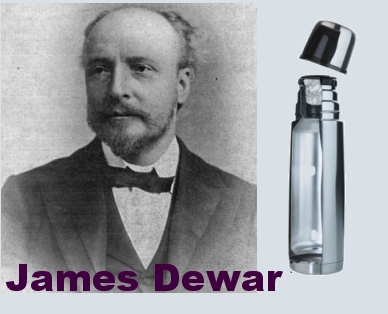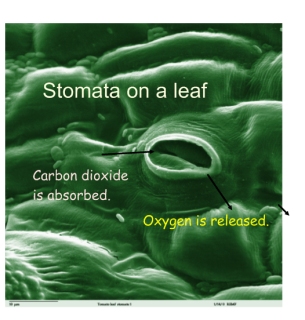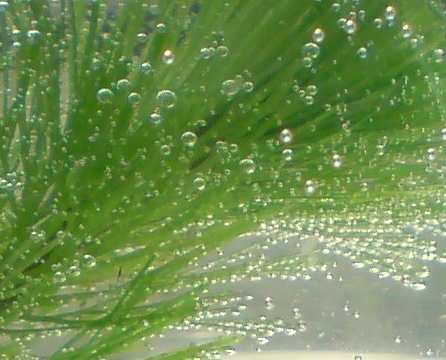
My second year classes have been playing with the microelectronic boards all last week. The classes are very interested in microelectronics. We spent about half an hour looking at a deskfull of ipods, mp3 players and mobile phones talking about what happens inside these magical devices.
We also talked about creating microelectronic circuits that could benefit society. We will be hard at work in the coming weeks working in teams using the above boards.
So if any of you want to experiment click the picture of the board and have some fun designing your circuits.



